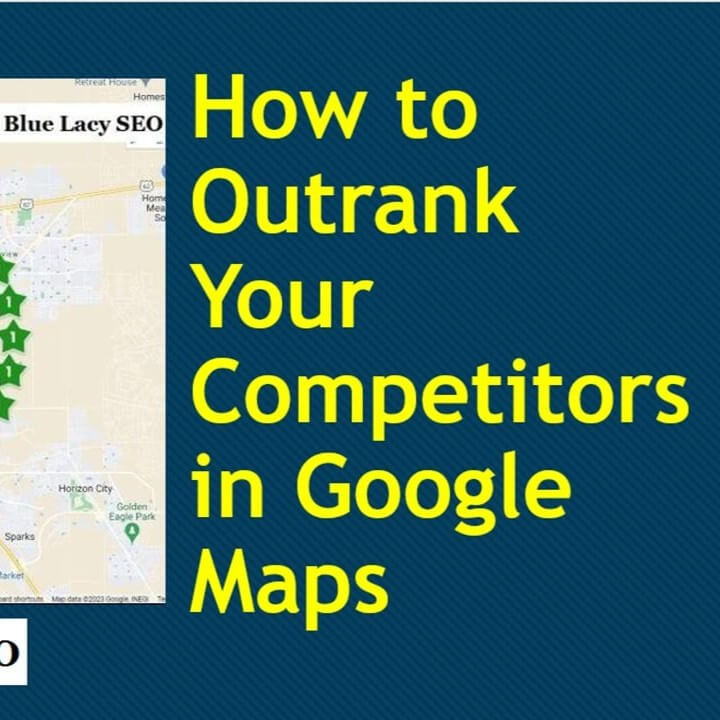Like me, you probably get a lot of spam email. Here are two examples I got recently:
“Hi, We are wondering if you would be interested in our service, where we can provide you with a dofollow link from Amazon (DA 96) back to bluelacyseo.com? The price is just $67 per link, via Paypal.”
“I will get you a DOFOLLOW Backlink and Google Indexed from a high authority domain, Amazon.com. I will write and publish a post there with a backlink to your website, using your website link as an anchor. Cost is only $150.00.”
Later, I will explain what these emails mean and why they send them.
What are Backlinks?
A backlink simply means a link from one website linking back to your website. A large part of the world wide web is made up of links. When the virtual robots, or bots, crawl the web they run across links which are followed and allows the search engines to see new content.
These bots not only look at the links but look at the number of links pointing to that page from external websites and the quality of those external websites.
Are Backlinks Important?
The importance of backlinks dates back to the early days of the Google Search engine in the late 1990s. The founders of Google reasoned that if someone takes the time to create a link to a page on your website from their site, your content must be important. The more high-quality websites that link to you, the more likely you are to rank well in search results. In fact, backlinks became one of the most important ranking factors for Google and one of the most difficult to obtain.
Because of this level of difficulty, people devised clever ways to game the system to give themselves an advantage to obtain as many backlinks as possible.
Bad Backlink Tactics
Here are some backlink tactics that have been used and sometimes still used, but don’t work anymore:
- Reciprocal links – This is an old tactic used by webmasters, including myself, where links are traded between websites. You link to me and I, in return, will link to you. They usually provide the anchor text for you, such as “best blue widgets around.” Google tolerated this practice for years until it became self-defeating and didn’t work anymore.
- Paid links – This is part of a black hat SEO strategy where you pay someone for links that point back to your site. This practice is against Google’s policy and will garner a penalty for your website.
- Blog networks – Private blog networks (PBNs) is a network of websites used to build links and pass authority to a website for the purpose of manipulating search engine rankings, which is against Google’s policy.
- Comment spam – These are irrelevant comments posted to a blog for the sole purpose of leaving a link back to the spammer’s website. Most of the time this will be a nofollow link and will not pass any link juice to the linked site.
- Link cloaking – This refers to the practice of presenting different content or URLs to users and search engines. Someone creates a redirect script with a normal looking URL. When a user clicks on that URL, the redirect script immediately forwards to the destination of the actual URL, which is probably an affiliate link of some kind. This may work for awhile, but users will not be happy when clicking on a link that redirects to another website they were not expecting.
Good Link Building Tactics
Guesting Posting
This is a common strategy where you obtain permission to post a blog on another website that is related to your industry with a link back to your website. To do guest blogging, you will need to research quality websites in your industry and find out which ones accept guest blogs.
This sounds like a promising tactic to obtain some valuable backlinks for ranking purposes. But, there are some problems.
- Content length and quality – If you publish thin, low quality content, your guesting posting host may not accept your article. Take a look at their guidelines before submitting. Many times, you may have to write between 1,000 to 1,500 words of quality content in order to be accepted.
- Publishing plagiarized content – This should be a no-brainier. Never try to publish someone else’s work. It’s unethical and Google will find out and tag it as duplicate content. The result is not ranking or even indexing that content.
- Publishing the same content in numerous places – This is the practice of pitching the same content to many guest posting sites and having it accepted without the host checking for duplicate content. This will trigger a penalty from Google.
- Spam guest posting offers – Remember the sample spam emails at the beginning of this article? The pitch is simple. They offer a link from a high domain authority (DA) site, like Amazon, with a DA of 96 (out of 100), by doing a guest post. They don’t say what the post will be about or even if it relates to the content on your website. That’s because they send the exact same email to thousands of website owners. Stay away from these types of offers.
- Submit to citation sites – For a long time submitting your website to citation, or directory sites, is an easy way to obtain a backlink from a high DA site like Yelp, Yellow Pages, or a niche directory. At Blue Lacy SEO we still do citation submissions. But, Google knows exactly what people are doing so the ranking value is now very low.
The Biggest Problem with Guesting Posting
Doing guest posting properly will yield results, but we rarely do it for our customers because it is expensive. Writing high quality articles and finding websites that will host the articles is a time-consuming affair and we have to charge for our time and effort.
The question is, how many guest posts are required to make a difference in ranking? If you are interested in your return on investment (ROI), you need to know the answer to that question. Many SEO professionals will tell you that guest posting is worth the time, expense, and effort.
To know for sure, we need data. Luckily, I found some.
Bloggerjet reached out to over 500 bloggers to get their guest blogging numbers.
They collected the exact traffic numbers for 239 guest posts that were published on 78 blogs in the marketing niche. The average referral traffic across these 239 guest posts was 56 visits! Not very impressive.
“Out of these 239 guest articles, 35% generated less than 10 visits and only 15% generated more than 100 visits.”
Dominic Tennant from Information Highwayman said,
“I’d say it very much depends on how much guest posting you do, and how much traffic you need. One post won’t have a huge effect. But posts on a dozen different blogs will start to add up — especially if you can keep producing new content, since there is always a small trickle from each post, and over the long term these can combine into a decent stream.”
This could be true, but what’s the ROI?
According to the research I have seen, the average number of blog posts needed to see just a little increase in referral traffic is 16 per month.
The average cost for a single guest post on a site with a DA of 30 to 40 is $80. A guest post on a site with a DA of 50 to 60 is around $150.
If you take an average cost of $115 per post multiplied by 16 posts, it’s going to cost you $1,840 per month. The ROI on that just doesn’t add up.
But, what if you do all the guest posting in house? As a business owner, you are not going to have the time to create that many high quality articles per month. If you use an exceptional employee to do guest posting, you will be devoting a significant amount of their time and salary to researching and writing.
Again, it doesn’t add up.
Conclusion
For most small, local businesses, guest posting as a link building strategy and ultimately rankings just doesn’t work as a ROI.
Remember, It’s all about getting relevant traffic to your site and then funneling those visitors into customers. The best way to do that online, is to have a great website with great, relevant content.
Need a website or boost the site you have now? Contact Blue Lacy SEO.


